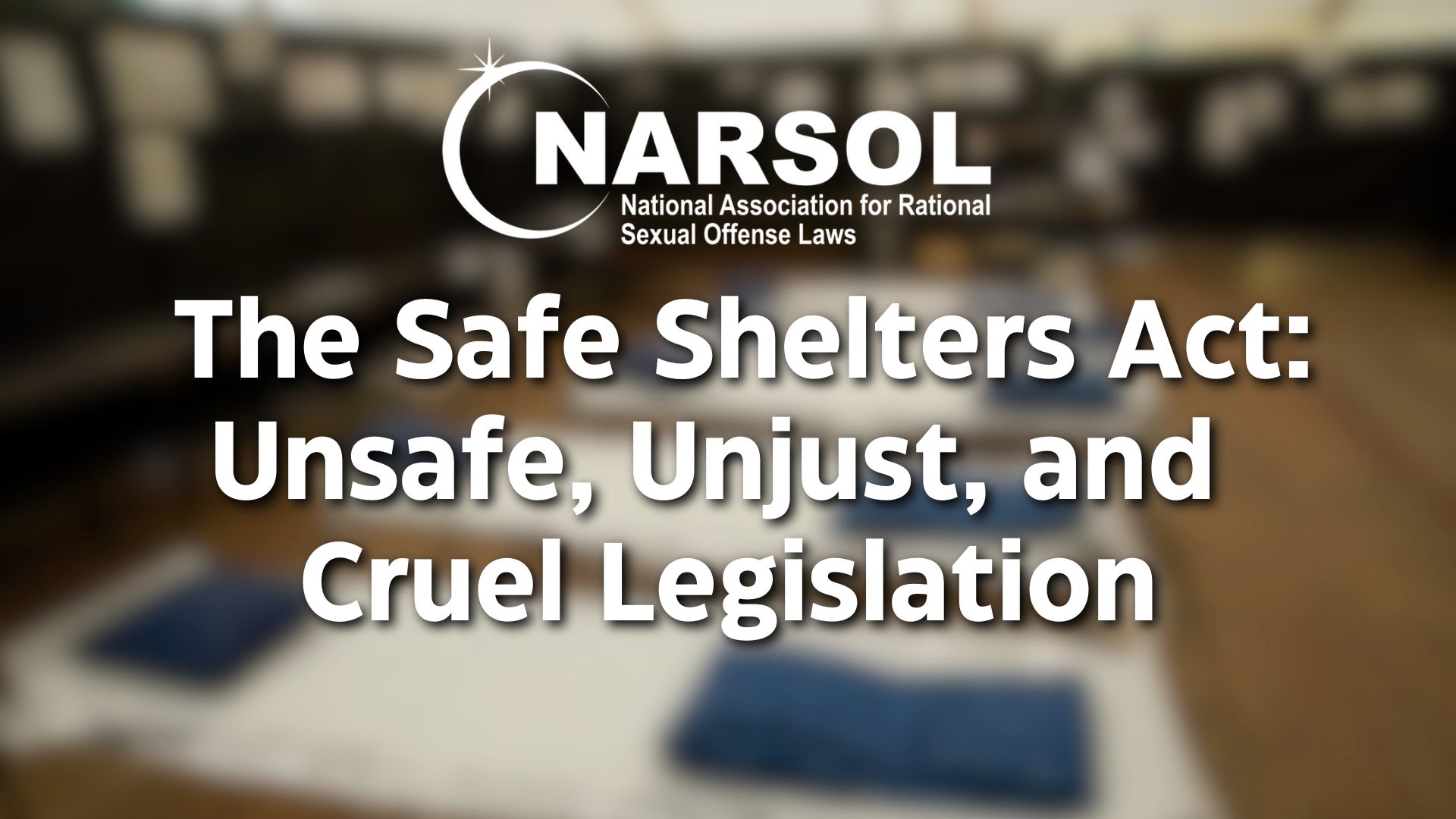“A sex offender wants to talk to you”; reporter’s journey leads her to Nebraskans Unafraid
By Julie Cornell . . . I’ve made people’s stories my life’s work. I’m a person who talks to people sitting next to me on airplanes. I engage people at grocery stores, and even while sitting in those flimsy robes in the hospital, waiting for a mammogram. I generally like people. And I constantly “interview” them, even when I’m not working. I consider myself open-minded. I’d rather ask questions than answer. I try not to judge.
But one fall day last year, a random call to the newsroom caught me off guard: A co-worker shouted across the newsroom that a sex offender wanted to talk to me. Everyone looked at me. My first inclination was to bolt. Not only did I not want to talk to a sex offender, I certainly didn’t want him to have my phone number or know my name. I was slightly unnerved.
I’m calling him “Jay” and he’s part of a group trying to throw out Nebraska’s sex offender registry or at least repeal a Nebraska law put in place seven years ago. The law essentially put anyone with any kind of sexual offense on the Nebraska Sex Offender Registry, an internet database, for all to see. Prior to 2010, only those offenders deemed most at risk to reoffend were on the list. And only law enforcement knew about the lower-risk offenders, so when the law changed, the list nearly doubled overnight. There are currently more than 5,200 people on Nebraska’s registry.
The registry includes child molesters and those caught peeing in the bushes, people who’ve accidentally downloaded child pornography in which a 19-year-old young man had a 15-year-old girlfriend. They’re now married with three children, but he’s on the public registry for life as a sex offender.
Jay was trying to get my attention, trying to share his story. So I did what a journalist does. I set aside my biases, choked down my fear and started talking to him. After his third call to the newsroom, about six months later, and the announcement that it was again the “sex offender,” it began to feel normal to chat with the guy, just as I chat with many other sources. Jay is polite and well-spoken. I could often hear a baby cooing in the background while we talked. Jay has sole custody of his 1-year-old daughter. … “I make sure she’s safe. She’s my number one priority, no matter what the situation is,” he told me about the squirmy, curly-haired girl. … “We are Third World citizens,” he told me. He worries his child will be bullied. He can’t take her to swim lessons at the Y. She’ll never be able to have sleepovers. He’ll be able to go into her school if he has a reason to be there. He can’t live near a park or school. …
It’s a Wednesday night, and a huge wooden table in a midtown Omaha dining room is set for a party. There are 12 places at the table.
Jay arrives with his baby. In the busy kitchen, beef roast and potatoes cook in the oven. A cheerful woman slices garden tomatoes on the counter and several gentlemen visit and make small talk. A lady with long dark hair is rolling up crescent rolls and Jay’s baby is taking down a bottle.
A man named Ken hosts this weekly dinner. As he places the pot roast on the table, they hold hands and pray. “Dear Lord, we thank you for being so gracious that you would accept all of us in your presence,” and he continued.
Ken is a convicted sex offender, as are most of the visitors in his home. They call it “Wednesday dinner.” It’s part of the bonding they do in a support group called “Fearless” through an advocacy group known as Nebraskans Unafraid. The goal of the group is to abolish the sex offender registry, saying it discriminates and makes people the target of hate long after they’ve served their sentences.
I ask them what they’re unafraid of. And then I realize, it’s me, and all of us on the outside who are afraid of them.


